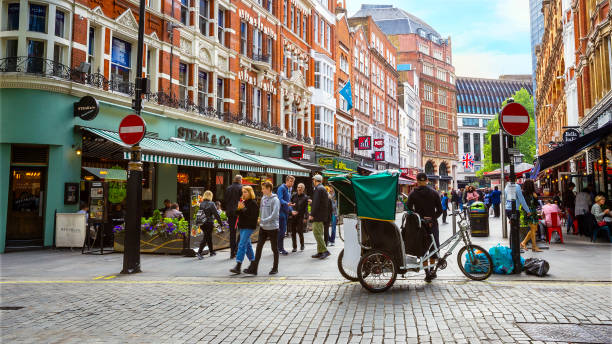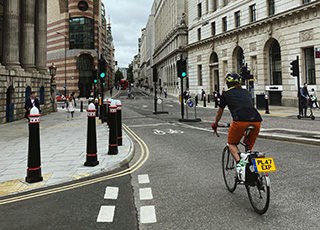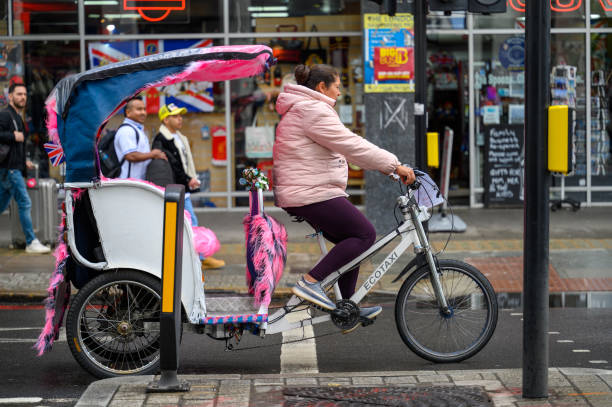
In the labyrinth of London’s streets, where cyclists weave through traffic and pedestrians, a debate is unfolding in the hallowed halls of the Lords. The former Met Police chief, Lord Hogan-Howe, is advocating for a radical change – introducing number plates for bikes. As a local who pedals through the city’s bustling lanes, let’s unravel the layers of this proposal and explore the nuances that shape our urban cycling experience.
The Call for Accountability: An Insider’s Reflection
Lord Hogan-Howe’s call for bike number plates stems from a concern for accountability on our streets. He urges us to learn from the regulation of pedicabs, proposing that similar measures could be applied to cyclists. As someone who navigates the city on two wheels, I share the concern for safety, but does affixing a number plate truly address the complexities of cycling in London?
Pedicabs Bill: Tackling Unregulated Chaos
The Pedicabs (London) Bill, set to regulate pedicabs, has garnered attention in the ongoing debate. It aims to rectify the chaos caused by unregulated pedicabs – from extortionate fares to late-night cacophonies and safety concerns. But does this offer a blueprint for addressing the distinct challenges posed by cyclists on our streets?
E-scooters: A Parallel Challenge in Urban Mobility
Former Tory minister Lord Blencathra thrusts the spotlight on e-scooters, advocating for their ban on public highways. The statistics he cites, 25 deaths and 100 serious injuries in the past four years, raise questions about the broader context of urban mobility. Are e-scooters the real menace, or is there a larger narrative of coexistence between various forms of transport?
Pedicabs Bill Support: A Step Towards Safer Streets
Transport minister Lord Davies of Gower defends the Pedicabs Bill, emphasizing the need to equip Transport for London with tools to tackle antisocial behaviors. It’s a call for safer streets, but does this support extend to Lord Hogan-Howe’s proposal for bike number plates? The debate unfolds with diverging opinions across the House.
Diverging Opinions: Navigating the Complex Transport Landscape
Baroness Stowell voices concerns about the unregulated nature of pedicabs, highlighting the potential for criminal activities. However, she also acknowledges the nuances, expressing support for the essential goals of the Bill. In a city as diverse as London, balancing safety and preserving the vibrancy of our streets requires a delicate touch.
Evaluating Priorities: From Omnibus Bills to Sledgehammers
Baroness Randerson questions the Government’s priorities, expressing mystification at the focus on the Pedicabs Bill. With abandoned promises of an omnibus transport bill, she raises valid points about the urgent need for comprehensive transport reform, especially in the beleaguered railway system. Is the Pedicabs Bill a sledgehammer to crack a nut, or does it unveil a broader reluctance for substantial reform?
Pedaling Towards a Safer and Balanced Future
As a local cyclist, I find myself in the midst of this discourse, pedaling through the cacophony of opinions and legislative debates. The call for bike number plates echoes the larger quest for safer streets, but it is essential to recognize the unique challenges faced by cyclists in the intricate dance of London’s traffic. As the debate continues, let’s strive for solutions that not only enhance safety but also preserve the dynamic spirit of cycling in our beloved city. The future of our streets is a shared journey, and the pedals of change must turn with a collective understanding of the diverse narratives that shape our urban landscape.




